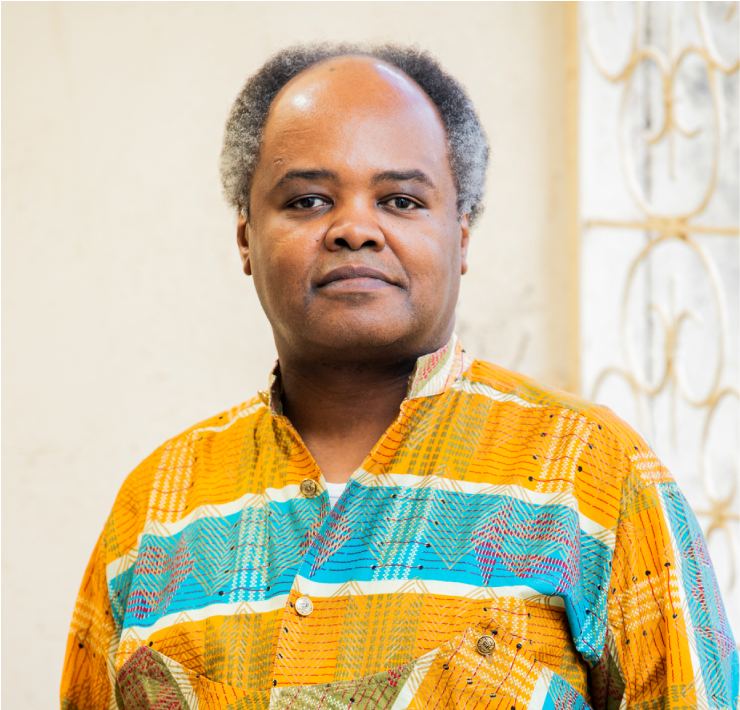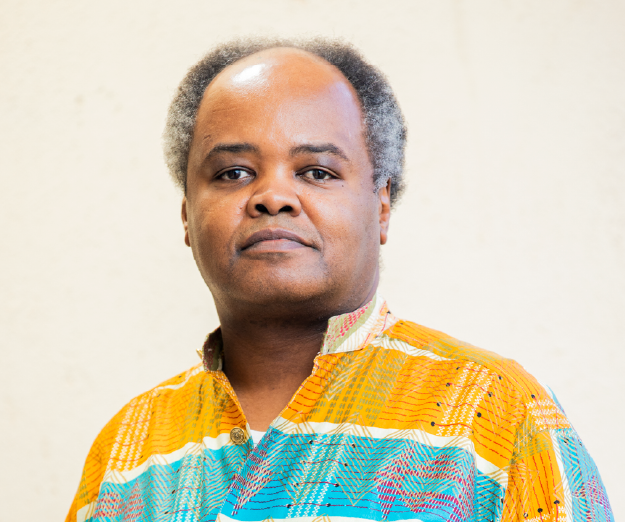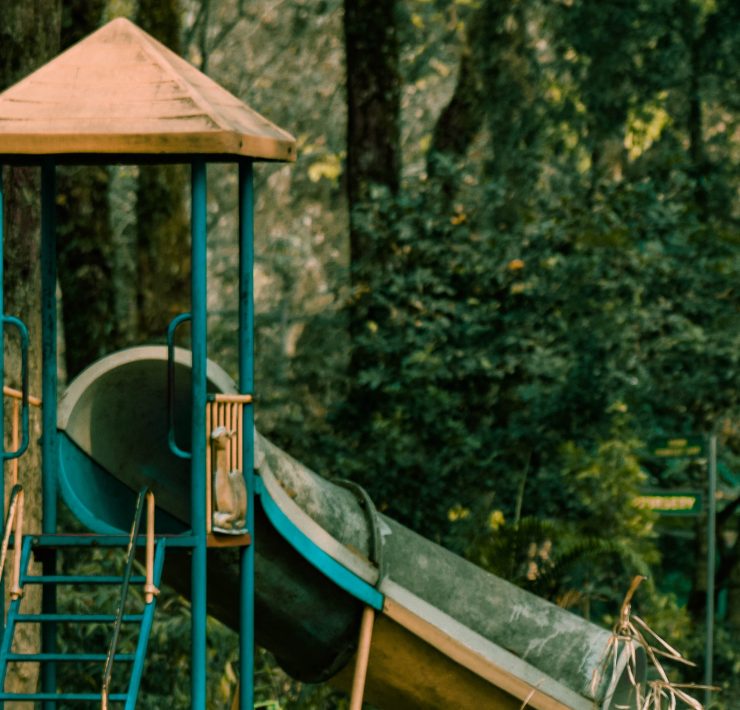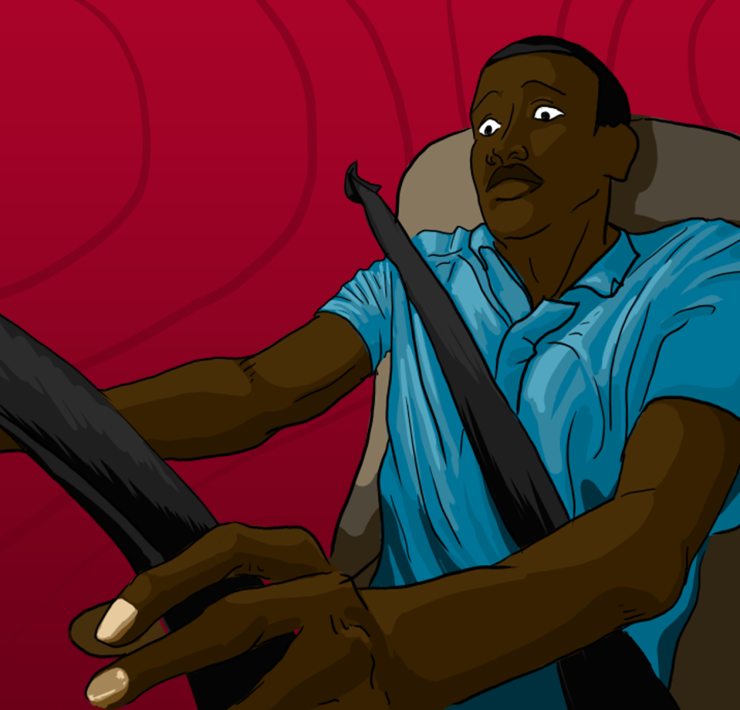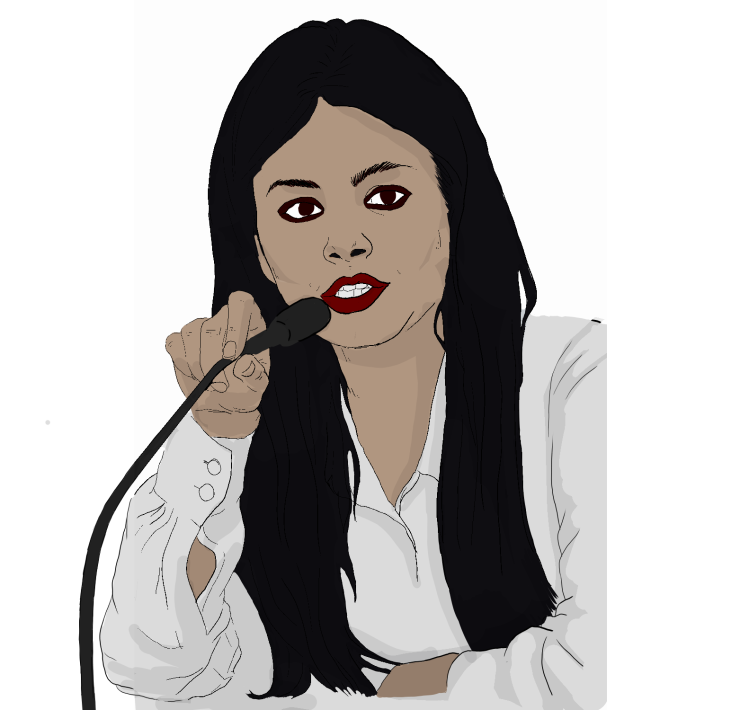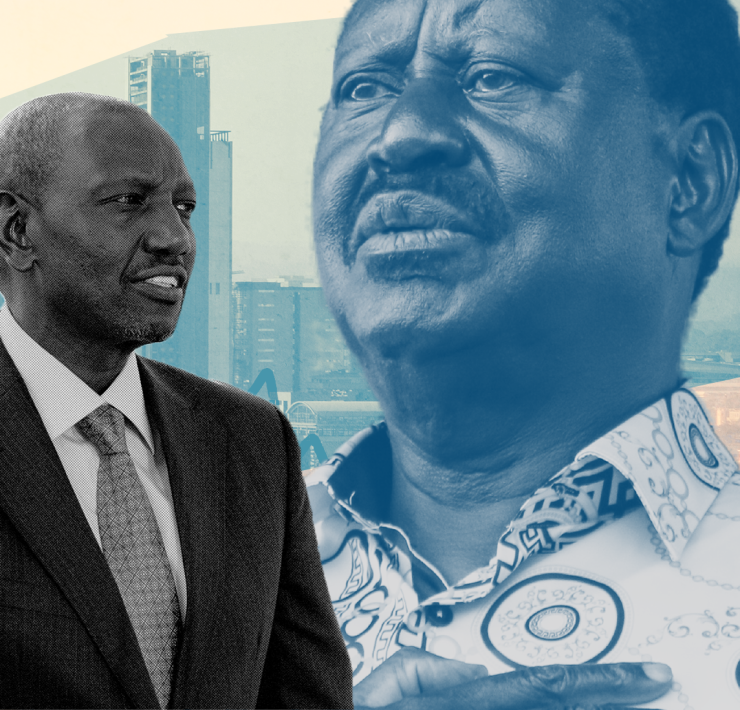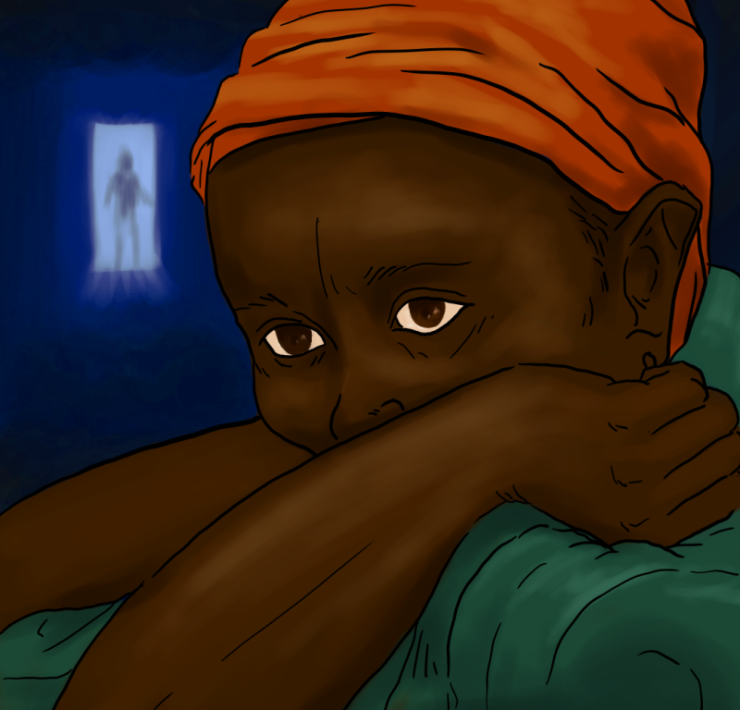This was not the story BBC Africa Eye had set out to do. Tom Odula had pitched to the decision-makers at BBC Africa Eye a story about land in Kericho, how British companies came to own it and the lawsuit the Kericho County government had initiated in British courts.
Odula got the go-ahead to do the story. As he and other members of the BBC Africa Eye team began reporting, people kept telling them about sexual abuse at the tea plantations in Kericho. The team had a vitu kwa ground moment and realised they needed to turn their attention to the allegations of sexual abuse. They went back to their bosses to pitch the new story and set aside the one on land. The bosses agreed. The result, 18 months later, is the documentary Sex for Work: The True Cost of Our Tea, which was broadcast on Monday, February 20.
Odula shared the behind-the-scenes story I have just described after Sex for Work: The True Cost of Our Tea had been shown to an invited audience on February 20. The Standard columnist Peter Kimani moderated the discussion that followed the screening of the documentary.
In Sex for Work: The True Cost of Our Tea, 10 women narrated the sexual abuse they have been subject to at two separate tea plantations where they have worked for years as casual labourers. Speaking on camera but with their identities concealed, the women described sexual abuse that followed a pattern: the first time they were sexually abused was when they first went looking for a job at the plantation. Getting a job was not the end of the sexual abuse. They said they were repeatedly abused by the manager who gave final approval for their job application. If they wanted to change their assignment to, for instance, a job that was less physically demanding, they said the supervisor who approved such changes sexually abused them.
Some of the women named the manager or supervisor who allegedly sexually abused them. Odula said they corroborated each allegation against a manager or supervisor. He said this is one reason why they only name and show on camera four senior officials of Jamji Farm and plantations of James Finlay (Kenya) Limited against whom multiple women had made allegations of sexual abuse. He said the BBC Africa Eye team investigated sexual abuse allegations against other managers and supervisors but decided to leave them out of the documentary because they did not get sufficient corroboration. In total, BBC Africa Eye spoke to 100 women workers. Seventy-five of them said they had been sexually abused.
To amplify what the women workers had said, BBC Africa Eye sent a reporter undercover to seek a job from the managers and supervisors the women alleged were sexual predators. Watching the undercover reporter at work, at one point you are on the edge of your seat, thinking “Get out, get out”.
Sex for Work: The True Cost of Our Tea will anger you. You will be outraged. During the screening on February 20, the audience gasped audibly at some of the shocking points of the film. They also shouted at some of the outrageous statements the managers and supervisors made. The documentary moved everyone.
Clearly, it also moved Kenya’s officialdom. They have initiated step one in what I will call the GoK Handbook on Crisis Management. Step one in the aforementioned handbook states, “issue a statement expressing concern or condemnation or other appropriate but measured expression of emotion. That statement should include an order to investigate the appropriate office or agency or commitment to investigate the issue that has caused public outrage. Sometimes, but not always, such a statement should give a firm deadline within which said investigation will conclude.”
Cue in the Department of Labour and the Office of the Directorate of Public Prosecutions (ODPP). The Department of Labour got carried away, issuing a statement that is an example of obfuscation. According to the GoK Handbook on Crisis Management, obfuscation is supposed to be several steps away.
On the other hand, Director of Public Prosecutions Noordin Haji is clear in what he has done. He has ordered the police – as he has the power to do under the Constitution – to investigate the allegations. And he has given them seven days to report back to him.
Like the Department of Labour, Haji got carried away. BBC Africa Eye worked on the documentary for 18 months, interviewing 100 women workers. Does Haji think that in seven days the police will be able to earn the trust of workers, then get them to open up about sexual abuse and then write and submit to him an investigation report?
When the seven days are up and the police report that workers have declined to talk to them or they found a handful of sexual abuse survivors who could not or feared to identify their alleged abusers, what will Haji do?
The experience of the BBC Africa Eye team is that the sexual abuse of women workers is widely known among tea plantation workers and it has been going on for decades. It is likely that some of those allegations of sexual abuse have been reported to the police, who, clearly, failed to act on them. Haji may find he will have to call in the Independent Policing Oversight Authority (IPOA) to look into the failure of the police to act on sexual abuse allegations in the tea plantations.
Then, the question begs, who will investigate and prosecute the allegations of sexual abuse women workers have made?
Author
-

Tom Maliti has been an editor and reporter with mainstream and niche media outlets. He is multilingual and is comfortable writing on any subject whether it is international justice, international trade, diplomacy or about an election or music, film, theatre or a book. Most recently, he was a trial monitor for about 10 years with the International Justice Monitor (www.ijmonitor.org) where he wrote about several cases before the International Criminal Court (ICC). Among the ICC cases Maliti reported on were that of Uhuru Kenyatta and the trial of William Ruto and former journalist Joshua arap Sang. During these proceedings, Kenyatta was President of Kenya and Ruto his deputy. Before joining the International Justice Monitor, Maliti was an East Africa Correspondent for The Associated Press. In this role, he rotated as the duty editor in the Nairobi Bureau, which was responsible for a network of reporters in 14 countries in eastern and central Africa. Maliti put his French to use when he was assigned to report on developments following two coup attempts in Chad (2006 and 2008) and that country’s 2006 presidential election. His multilingualism also saw him sent to report on the aftermath of the 2009 Yemenia Airways crash in Moroni, the capital of Comoros. Maliti cut his teeth as a journalist at The Frontier Post newspaper in Pakistan.
Tom Maliti has been an editor and reporter with mainstream and niche media outlets. He is multilingual and is comfortable writing on any subject whether it is international justice, international trade, diplomacy or about an election or music, film, theatre or a book. Most recently, he was a trial monitor for about 10 years with the International Justice Monitor (www.ijmonitor.org) where he wrote about several cases before the International Criminal Court (ICC). Among the ICC cases Maliti reported on were that of Uhuru Kenyatta and the trial of William Ruto and former journalist Joshua arap Sang. During these proceedings, Kenyatta was President of Kenya and Ruto his deputy. Before joining the International Justice Monitor, Maliti was an East Africa Correspondent for The Associated Press. In this role, he rotated as the duty editor in the Nairobi Bureau, which was responsible for a network of reporters in 14 countries in eastern and central Africa. Maliti put his French to use when he was assigned to report on developments following two coup attempts in Chad (2006 and 2008) and that country’s 2006 presidential election. His multilingualism also saw him sent to report on the aftermath of the 2009 Yemenia Airways crash in Moroni, the capital of Comoros. Maliti cut his teeth as a journalist at The Frontier Post newspaper in Pakistan.

